GSAC Colloquium
Spring 2026
Location and Time 2:15-2:50pm in AEB 360
MATH 6960-001
(Dates with * indicate an unusual time or location)
| Date | Description | Contact |
|---|---|---|
| Jan 6 | GSAC Kickoff | Matthew Lastner |
| Jan 20 | A Mass, a Spring, and a Cat: Coding from Scratch | Matthew Lastner |
| Jan 27 | Basic and Advanced Theory of Mathematical Humor | Gari Chua |
